The Need for Retrofitting Initiatives
- deringungor02
- Dec 23, 2024
- 2 min read
Updated: Dec 25, 2024
Newcastle’s Net Zero Commitment
In 2019, Newcastle declared a Climate Emergency and set an ambitious target to achieve Net Zero carbon emissions by 2030—two decades ahead of the UK government’s national goal. This commitment underscores the city’s determination to address climate change through collaborative action, innovation, and sustainable growth. By involving residents, businesses, and organizations, Newcastle aims to transform its infrastructure, promote green jobs, and ensure a fair and inclusive transition to a low-carbon future. Initiatives such as the Newcastle Climate Change Convention and the Net Zero Taskforce exemplify the city’s dedication to embedding climate action into its governance and daily life.
However, achieving these goals requires a collective effort, with individuals and communities playing an active role. Residents are encouraged to adopt sustainable practices, from improving home energy efficiency to using public transport, while businesses are urged to embrace greener strategies. Despite these efforts, significant challenges remain, particularly in making retrofitting programs accessible and impactful for all. The following explores why current initiatives fall short and how they can be improved.
Why They Fall Short
Despite the existence of multiple schemes aimed at improving energy efficiency and reducing energy poverty, current retrofitting initiatives often fail to meet the full scope of demand. Programs like the Home Upgrade Grant (HUG) and Energy Company Obligation (ECO) offer essential support, especially for low-income households, but their effectiveness is hampered by systemic challenges. Strict eligibility criteria, complex application processes, and lengthy wait times exclude many from accessing the help they desperately need.
Local council initiatives, such as Newcastle's Warm Up North, and contributions from charities like Age UK and FILT, fill critical gaps in these programs. However, limited funding and fluctuating availability leave significant portions of the population underserved. While these schemes are successful in aiding the most vulnerable, they often overlook those who may not meet the criteria but are still in need. Additionally, programs requiring co-financing or upfront costs, such as the Boiler Upgrade Scheme, create financial barriers for struggling households.
These gaps highlight the urgent need for retrofitting education to be more accessible and inclusive. Empowering individuals to understand energy efficiency measures and participate in retrofitting processes can address some systemic shortcomings. Moreover, simplified application procedures, increased funding, and enhanced communication about available resources are critical steps to ensuring these initiatives work in practice.
Retrofitting isn't just a technical solution; it's a social necessity. Without addressing these challenges, the current efforts will remain fragmented and insufficient, leaving countless households unable to transition to energy-efficient living. True impact lies in holistic approaches that combine practical retrofitting with accessible education and community engagement.





























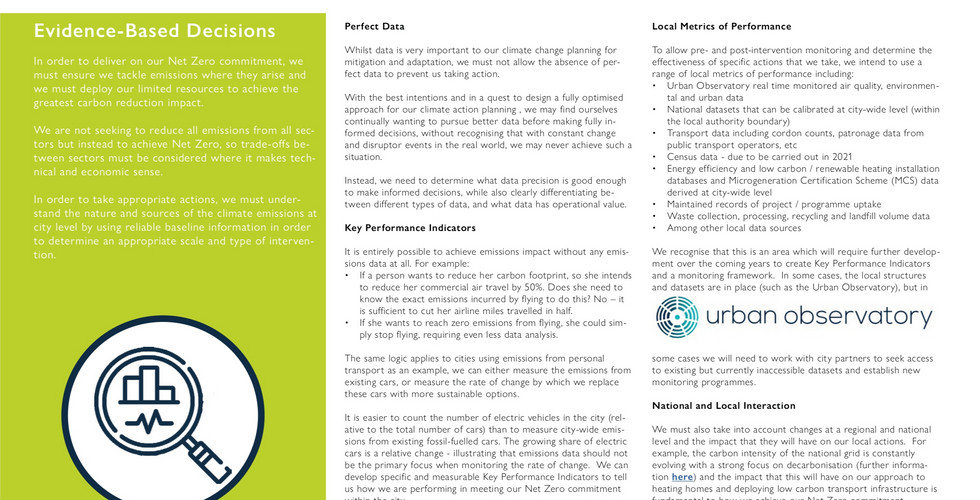



























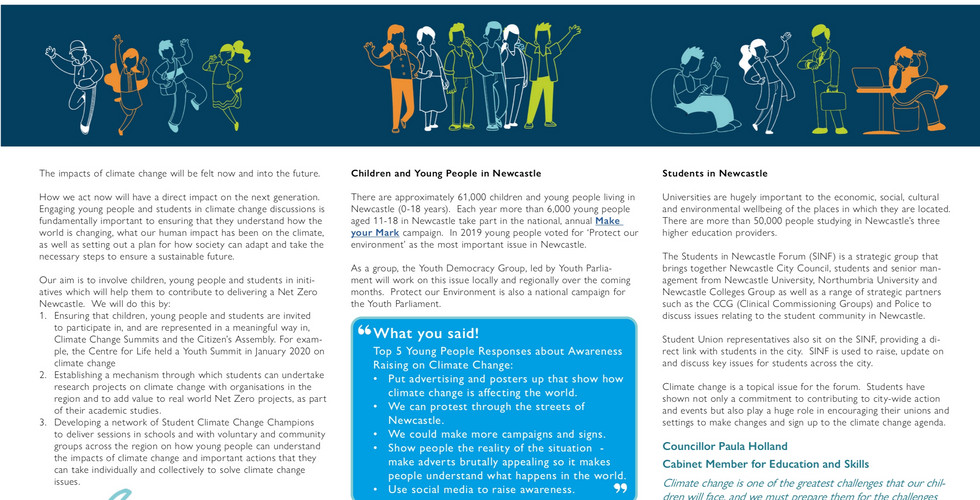







































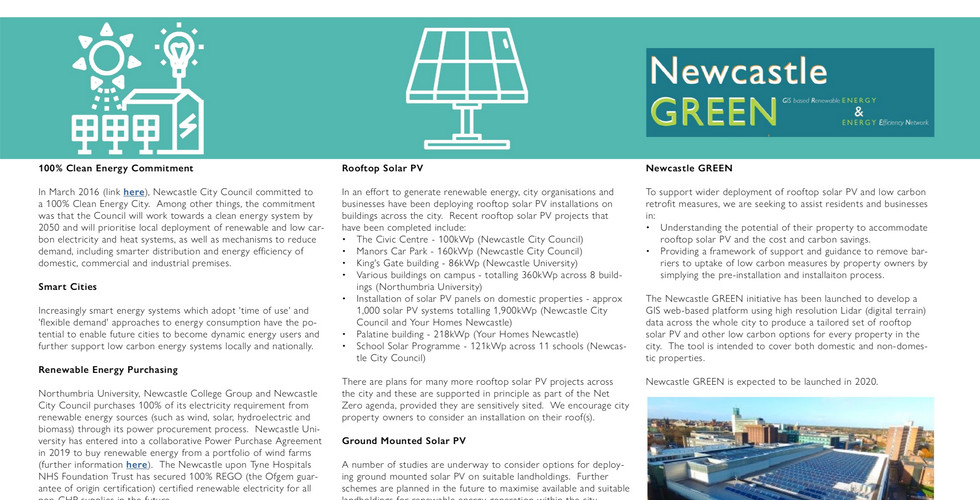













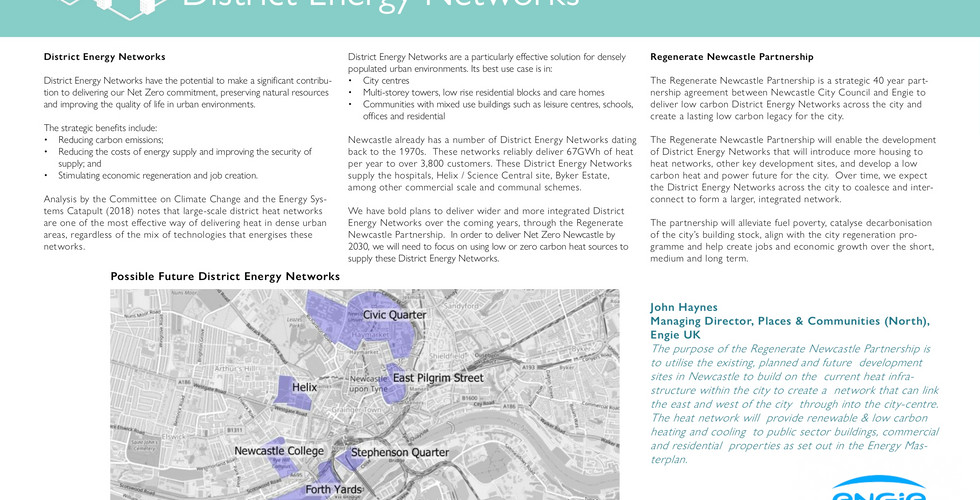















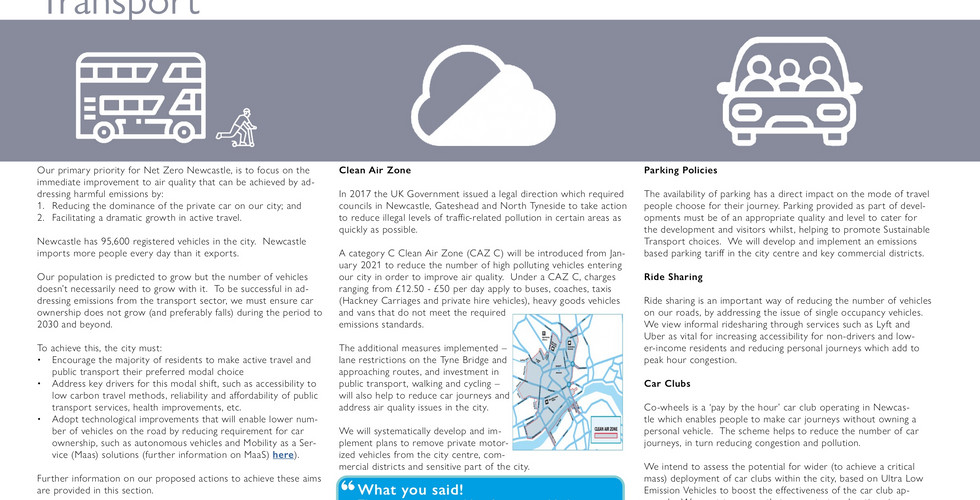























































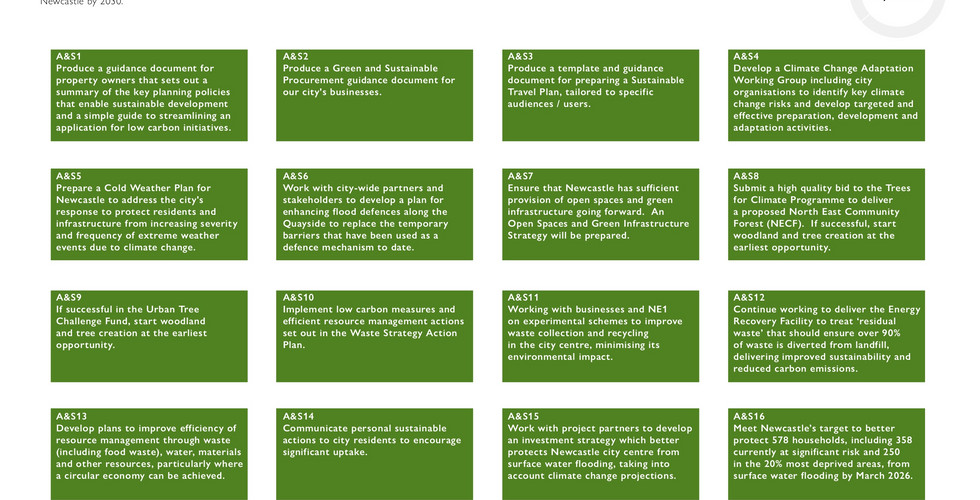





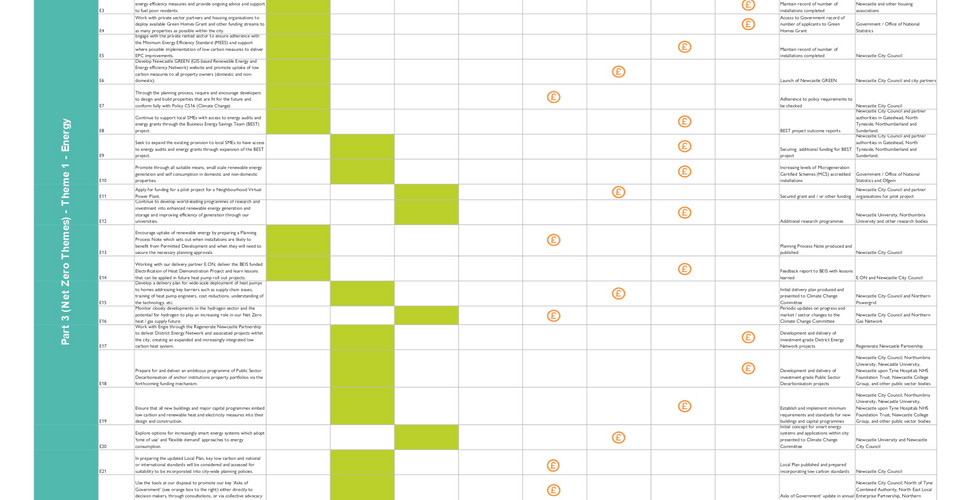





Comments